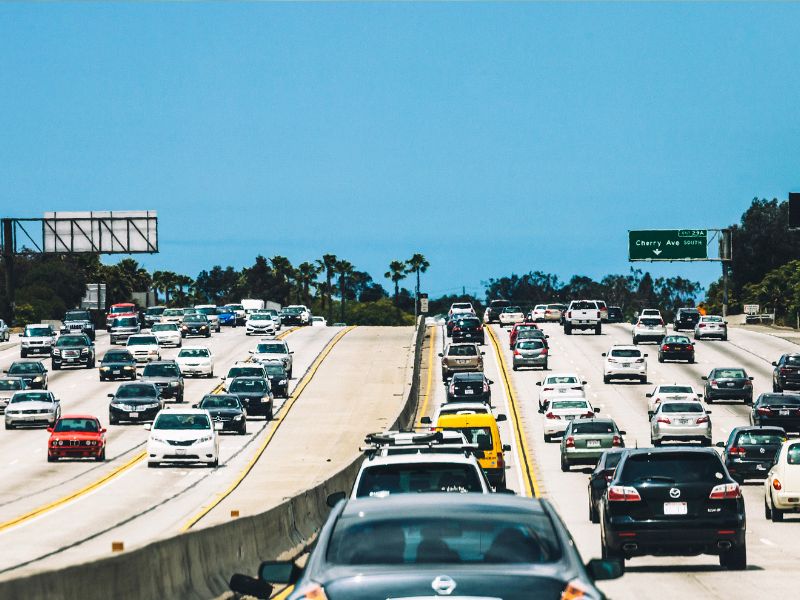In California, people convicted of a DUI in criminal court must install an ignition interlock device (IID) on any car registered under their name or that they operate on a regular basis as required by the Department of Motor Vehicles. An IID is a small instrument attached to the car’s ignition. It takes a breath sample from the driver, and if any alcohol is present, it prevents the car from starting. An IID is required after a DUI conviction to get a restricted driver’s license and start driving again.
You need protection from a skilled criminal defense lawyer if you have legal problems because you were driving without an IID. Talk to an attorney within two minutes of contacting Lamano Law Office today. Our skilled legal team will give you the answers you need when you need them most. Contact us now.
Vehicle Code 14602.6
California Vehicle Code 14602.6 allows a peace officer to arrest a person driving after a DUI conviction if no IID is installed in their car as ordered by the court or the DMV. Under California Vehicle Code 14602.6, the officer can also seize and impound the car for at least 30 days. The driver will be able to get the car back once they present a valid driver’s license, registration, and insurance. They will also have to pay all the towing and storage fees for the time the car was impounded. This can be pricey as tow yard costs can range from $50 – $150 per day based on the location. The best way to avoid this is to understand the terms of your DUI sentence and obey those rules to avoid any probation violations.
Vehicle Code 23247(e): Ignition Interlock Device Violation California Laws in California
Under California Vehicle Code 23247(e), a person with a restricted license after a DUI conviction commits a crime if they drive any vehicle without a functioning IID. If you have a restricted license following a DUI conviction, you can violate Vehicle Code 23247(e) by:
- Driving your car without installing an IID if it is required by the criminal court as part of your sentence or by the DMV as a condition to get your license back
- Driving someone else’s car, even for work, without an IID. The DMV rules say that any car you operate on a regular basis is subject to the IID rules. Regular basis can be defined as every week or consistent days of the week.
- Driving with an IID that does not work or has been tampered with
A peace officer may discover a violation of California Vehicle Code 23247(e) during an unrelated traffic stop or when a driver on a restricted license is involved in an accident.
Drivers convicted of violating Vehicle Code 23247(e) may face the following penalties:
- A county jail sentence of up to six months
- A fine of up to $5,000
Drivers can also lose their restricted driver’s licenses and/or their driving privileges cab be suspended. In some cases, court probation is possible instead of jail time. Very often, a violation of IID requirements can be a probation violation in court on top of another misdemeanor charge. This may require you to hire an attorney for legal representation. Best practices is to get an IID if it’s required by court or the DMV. If you find yourself in violation of this, please contact us to discuss any viable defenses.
Common Defenses in Ignition Interlock Device Cases in California
Drivers who have been accused of violating Vehicle Code Section 23247(e) can defend themselves by arguing that:
- They have been falsely accused.
- There was no reason for the police to stop their vehicle or interact with the suspect.
- They don’t have a prior DUI conviction. Their license may be restricted for another reason.
- They had to drive because of an emergency or other necessity.
Contact an Experienced California Criminal Defense Lawyer Today
If you have been charged with driving on a restricted license without a functioning ignition interlock device, Lamano Law Office can help. Our criminal defense lawyers in Oakland and the Bay Area have decades of experience they can put to work on your behalf. Contact us today so we can perform our 150-point inspection of your case and discuss your best defense.

